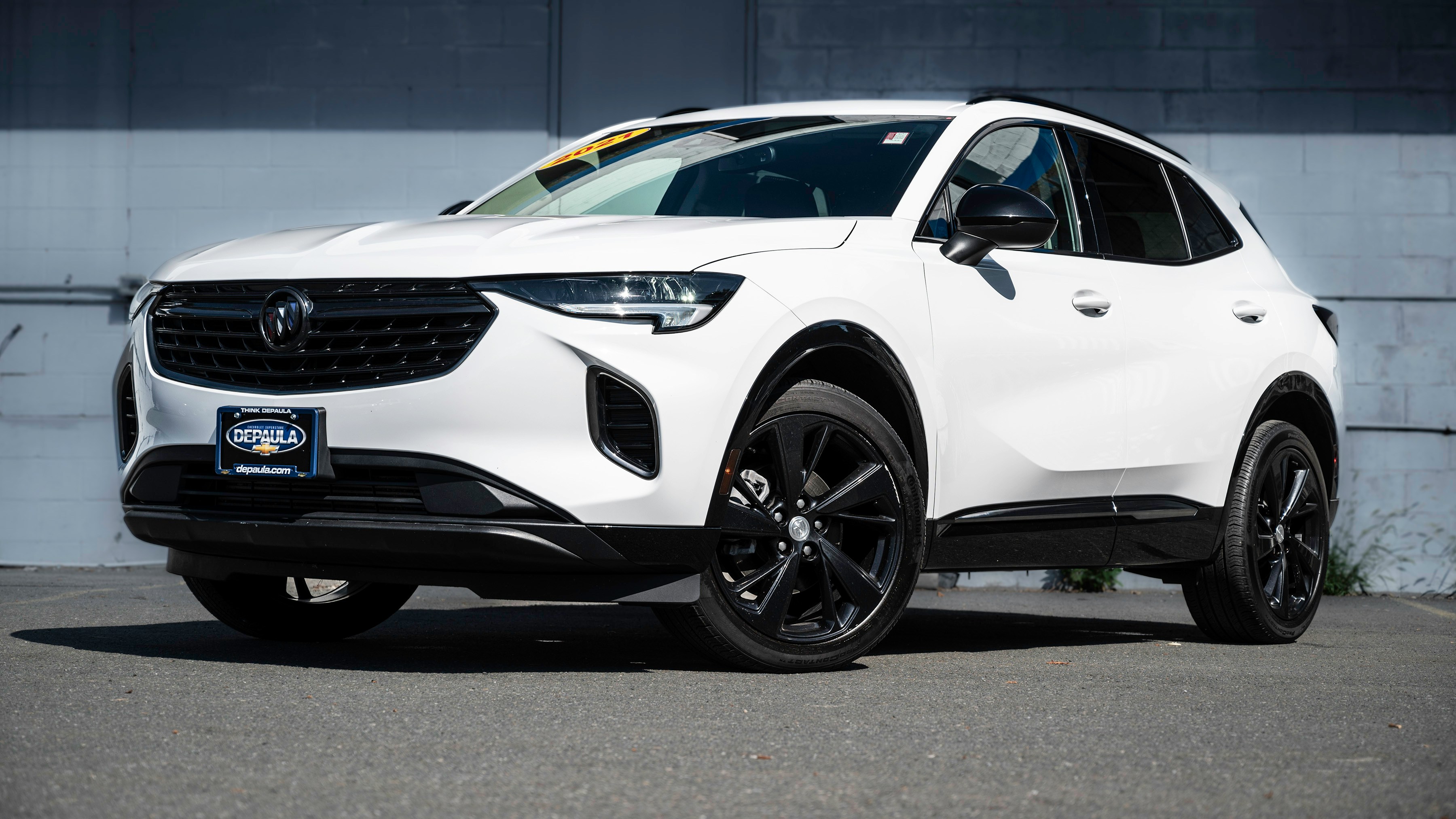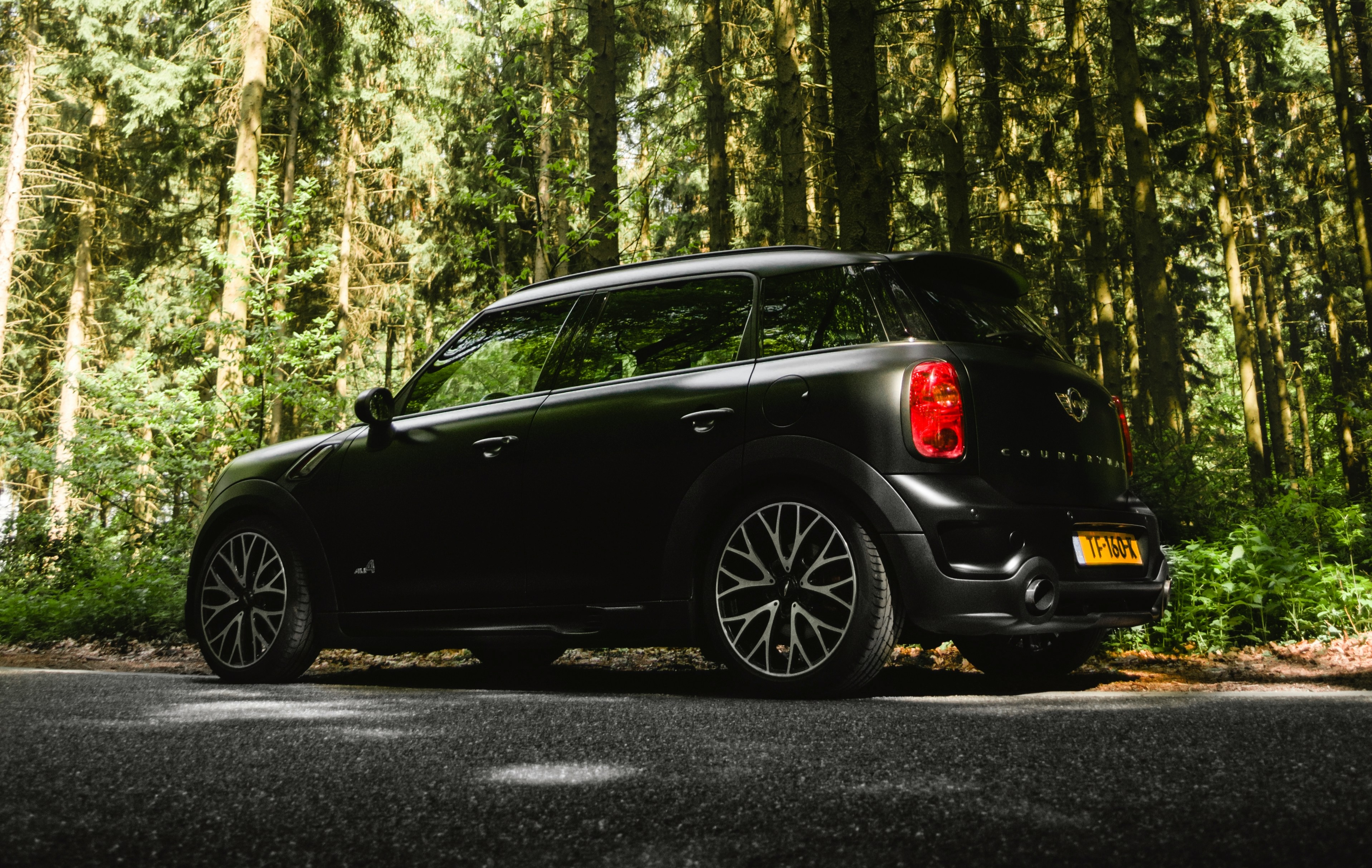Thinking about purchasing a crossover, but not totally sure what the difference is between a crossover and an SUV? Here’s what you need to know about what makes a crossover a crossover.
While crossovers can include a relatively wide range of vehicles, there are some characteristics that tend to be common across crossovers, like a unibody construction (vs. the body-on-frame construction typical of SUVs).
Read On To Learn Everything You Need To Know About Crossovers
In this article, we’ll cover:
The definition of a crossover vehicle
Examples of crossover vehicles
Common characteristics of crossovers
FAQs about crossovers
What Is A Crossover Vehicle?
A crossover vehicle is a vehicle that shares characteristics with both passenger cars and SUVs. It is called a crossover because it is a combination, or crossover, of the two usually distinct kinds of vehicles. You might also hear crossovers referred to as “crossover SUVs” or as “CUVs.”
Examples of Popular CUVs
Some of the most popular crossover SUVs include the Honda CR-V, Mazda CX-5. Toyota RAV4, and various models of Subaru, like the Outback, Forester, and Crosstrek. Generally, people like these vehicles for their practicality, versatility, reliability, safety, and gas mileage.
Lower Your Monthly Vehicle Payment with Auto Approve
Already got a vehicle you love? If you want to lower your monthly auto loan payment, we can help. Refinancing is an easy way to pay less monthly, over the life of your loan, or both.
Get a free quote to see how much you could save.

What Makes A Crossover A Crossover?
Here are some of the most common characteristics you see among crossover SUVs.
SUV Styling & High Ground Clearance
CUVs are typically styled to look more like SUVs than standard compact cars. At first glance, they look just like SUVs, and are sometimes even classed as “small” or “compact” SUVs. They’ll typically have higher ground clearance than a car, but not quite as much as a real SUV would have.
Higher ground clearance can mean a better vantage point to see other drivers and a more capability on uneven terrain.
Car-Like Handling & Unibody Construction
SUVs are big, heavy cars. They can be difficult to park and don’t handle like a car. They’re also typically built with what’s called body-on-frame construction.
Body-on-frame construction means that the vehicle has a separate chassis or frame that the body is mounted on, while with unibody construction the frame and body are a single unit. The reason body-on-frame construction is used for SUVs is because it gives better towing or hauling capacity and handles uneven terrain and off-roading better. Body-on-frame vehicles also tend to be a bit more durable and can take more wear and tear from activities like off-roading and hauling.
Crossovers use unibody construction. Unibody construction makes crossovers lighter, meaning they handle more like a car, and this build can be safer for passengers in an accident – though the vehicle itself may require more work to recover. The sacrifice in weight means that crossovers don’t have as much capacity for towing and hauling, and the frame build difference means that, while you could probably take a CUV on a dirt road in a pinch, taking it off-roading would be a bad choice. It looks like an SUV and has room like an SUV, but it’s not built for the same kind of work.
Fuel Efficiency
Since they’re lighter, crossover SUVs are also usually much more fuel efficient than standard SUVs. Of course, these days you can get hybrid and electric CUVs and SUVs – but even so, the heavier the vehicle, the more energy it’ll take to run smoothly.
Versatility
Ultimately, the thing that makes crossovers so appealing to so many people is their unique combination of traits. You get more cargo space or trunk room, like an SUV, but the handling and fuel efficiency of a car. You get the safety of a car, with higher clearance, and can opt for a CUV with four-wheel drive or all-wheel drive to better handle rougher road conditions.
Overall, for many people, a crossover SUV offers the best of both worlds. But whether it makes sense for your needs? That’s up to you.

Crossover FAQ
Still have some lingering questions? Here are answers to some of the most commonly asked questions about crossover vehicles.
What is the difference between a crossover and an SUV?
Here’s the short answer. A crossover has some of the features of a car and some of the features of an SUV. Crossovers are sometimes considered a kind of SUV because they have some of the styling, room, and ground clearance found in SUVs, but their unibody construction and resulting lighter weight and easier handling make them unique.
Should I get a crossover or an SUV?
Deciding whether to get a CUV or an SUV is a personal choice! Those not intending to do a lot of off-roading or hauling tend to prefer crossovers for their balance of space, safety features, easy handling and fuel efficiency. However, if you live somewhere with challenging weather conditions, if you live in the country and regularly navigate rough terrain, or if you want to use the vehicle to carry or tow heavy loads, an SUV may be a better choice.
Which is safest: a car, SUV, or crossover?
Most popular compact cars, SUVs, and crossover SUVs are essentially safe. Crossovers have a lot to commend them when it comes to safety, because of their specific blend of features. However, the relative safety of different kinds of vehicles really depends on the conditions you’re most likely to face.
In an accident, generally speaking, vehicles with unibody construction are considered statistically safer and less likely to roll than body-on-frame vehicles. However, in an accident between a car and a heavier vehicle, those in the lighter vehicle are in more danger.
And, depending on where you live, vehicle collisions may be less of a risk than bad weather or terrain. Black ice, heavy storms and heat waves can all be dangerous, and different factors – like the kinds of tires on your vehicle, whether or not you have 4WD or AWD, your emergency preparedness, and the vehicle’s make and model – can all affect your relative safety.
All this means that, ultimately, what’s safest will depend on your lifestyle and location. If you’re thinking about buying a new vehicle, the best things you can do are take time to understand the safety features available to you and research safety statistics on the specific make and model.

Your Crossover Questions, Answered
Hopefully, this guide has answered all your questions about crossover vehicles and you’re now well-equipped to decide whether a crossover is right for your next vehicle purchase, lease, or road trip rental car.
Save Money on Your Monthly Auto Loan Payment With Auto Approve
Looking to lower your monthly vehicle payments? Auto Approve can help you find the best deal available to you in just a few minutes. Refinance your vehicle through Auto Approve and you’ll get a great deal with no markups – and we’ll do the paperwork for you. Auto Approve even handles the DMV!
Getting a quote is quick, free, and doesn’t require a commitment or hard credit check.